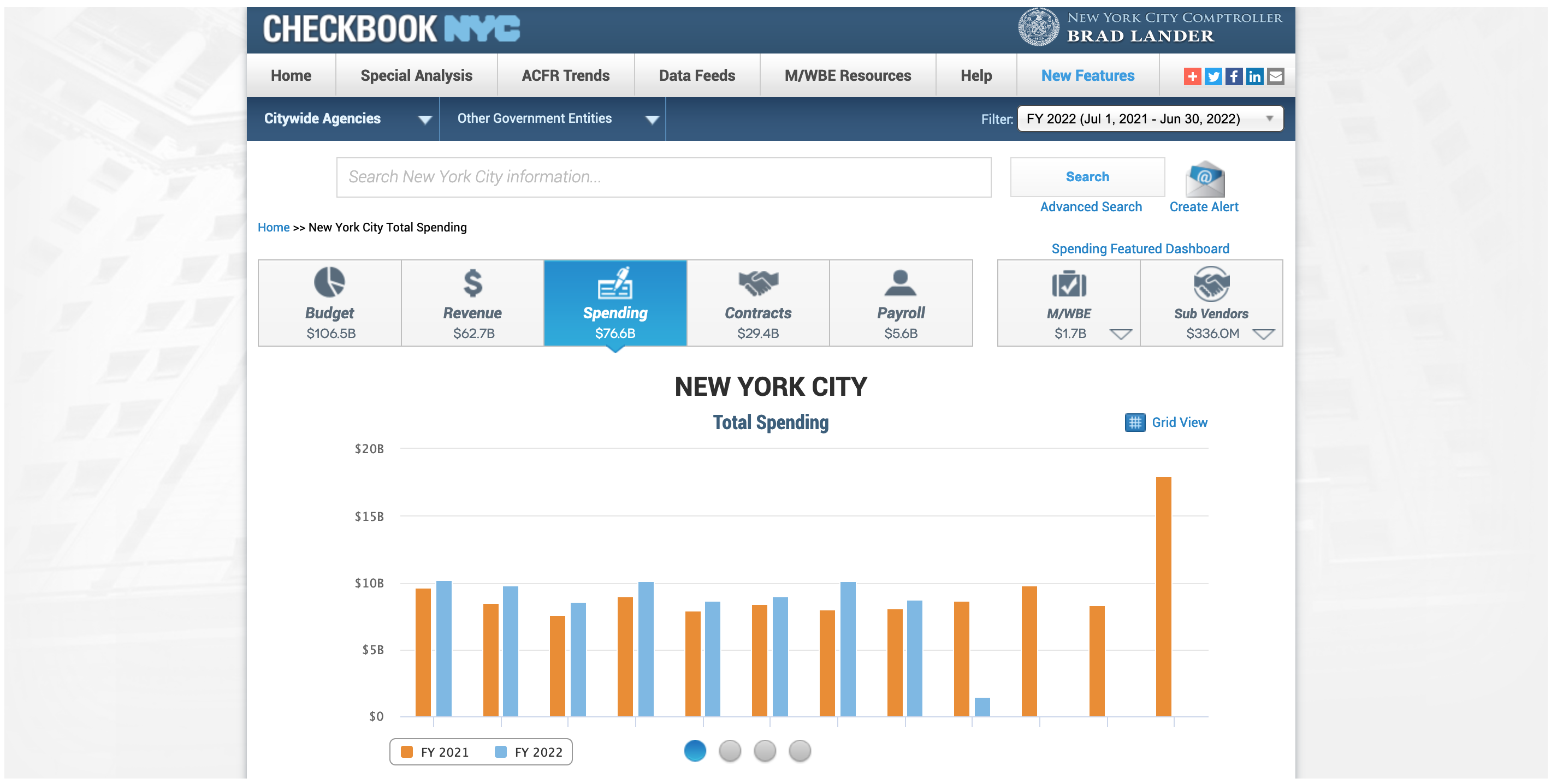The United States Attorney’s Office for the Eastern District of New York and the Department of Justice, Consumer Protection Branch, together with the Federal Trade Commission (FTC) and the Food and Drug Administration (FDA), announced a civil enforcement action against defendants B4B Earth Tea LLC, B4B Corp., and Andrew Martin Sinclair for alleged violations of the COVID-19 Consumer Protection Act, the Federal Trade Commission Act, and the Federal Food, Drug, and Cosmetic Act.
According to a complaint filed in federal court in Brooklyn, the defendants advertised that their herbal tea product, Earth Tea, could prevent or treat COVID-19. For example, the defendants allegedly advertised on social media that Earth Tea is the “most effective [t]reatment against” COVID-19, that it “works within minutes” and will enable consumers to “get out of quarantine within 24 hours guaranteed.” The defendants had no competent or reliable scientific evidence to support those claims. Further, the defendants allegedly made deceptive statements about a purported scientific study to bolster their unproven COVID-19 claims. The complaint also alleges that Earth Tea is an unapproved new drug that the defendants are selling in violation of the Federal Food, Drug, and Cosmetic Act. The complaint seeks civil penalties, as well as a permanent injunction to stop the defendants from continuing their unlawful marketing and sales of Earth Tea.
The COVID-19 Consumer Protection Act, passed by Congress in December 2020, prohibits deceptive acts or practices associated with the treatment, cure, prevention, mitigation, or diagnosis of COVID-19. Persons who violate the COVID-19 Consumer Protection Act may be subject to civil penalties, injunctive relief, and other remedies available under the FTC Act. The complaint also alleges violations of the FTC Act, which prohibits unfair and deceptive conduct and false advertising.
The Federal Food, Drug, and Cosmetic Act provides that a product is an unapproved new drug if it is intended for use in the diagnosis, cure, mitigation, treatment, or prevention of disease in humans but is not generally recognized as safe and effective for its intended uses and is not the subject of an FDA approval. Remedies for violation of the Federal Food, Drug, and Cosmetic Act include injunctive relief.
“COVID-19 has tragically claimed nearly one million lives in this country and close to six million lives worldwide,” stated United States Attorney Breon Peace. “Unfortunately, there are too many people who are taking advantage of this crisis by pushing alleged treatment products that are nothing more than snake oil. We will not tolerate attempts to make a dishonest dollar while putting our communities at risk during a pandemic.”
“The Department of Justice will not tolerate individuals or companies seeking to profit from the COVID-19 public health emergency by unlawfully advertising unproven products,” said Principal Deputy Assistant Attorney General Brian M. Boynton, head of the Department of Justice’s Civil Division. “The department is committed to protecting consumers and enforcing the COVID-19 Consumer Protection Act and the FDCA against those who unlawfully market unproven COVID-19 treatments.”
“Products like this may delay patients from seeking proven treatments from their health care provider. Preying on patients’ vulnerabilities during the COVID-19 pandemic is unacceptable,” stated Judy McMeekin, Pharm.D., FDA’s Associate Commissioner for Regulatory Affairs. “The FDA will continue to actively monitor the U.S. market for any companies or individuals falsely marketing products with claims it prevents or treats COVID-19, and will take actions against those who violate the law and endanger patients.”
“Without any scientific evidence, the defendants claimed that drinking their herbal tea is more effective in preventing COVID-19 than approved vaccines, and cures anyone who has gotten ill within 24 hours,” stated Samuel Levine, Director of the FTC’s Bureau of Consumer Protection. “In bringing this matter with our partners at the Department of Justice and the Food and Drug Administration, the Commission continues its commitment to using every tool available to stop and deter those who would treat the pandemic as opportunity to peddle bogus treatments.”
For more information about the Consumer Protection Branch and its enforcement efforts, visit its website at https://www.justice.gov/civil/consumer-protection-branch. For more information about the FTC, visit its website at https://www.FTC.gov.
The United States Attorney’s Office for the Eastern District of New York recently announced a Consumer Protection Team in the Office’s Civil Division at https://www.justice.gov/usao-edny/pr/united-states-attorney-breon-peace-announces-formation-consumer-protection-team-office. The Consumer Protection Team will pursue all appropriate measures to stop culpable entities and individuals that engage in conduct threatening the health, safety, economic security, or dignity of potentially vulnerable individuals. For more information on the U.S. Attorney’s Office, or to report suspected consumer fraud, please visit https://www.justice.gov/usao-edny.

